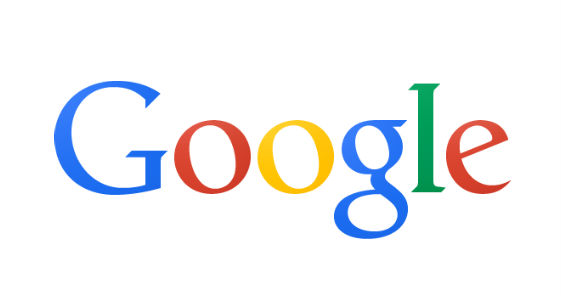GLOBAL – Google has rejected the order made by CNIL, an independent administrative authority that operates in accordance with the French Data Protection Act, in June 2015 to apply delisting on all of its domain names.
This order was on top of the original ruling made by the Court of Justice of the European Union in May 2014 recognizing its citizens’ “right to be forgotten,” in other words, keep their names affiliated with negative online content from popping out of Google’s search engines.
Based on the decision, any individual who wishes to have their names removed from any engine’s, such as Google, search results should be able to send a request to the company and if after careful review, the company deems the request legal and valid, should apply the delisting right away.
The battle between Google and the European Union started when a Spanish Citizen complained in 2010 that “an auction notice of his repossessed home on Google’s search results infringed his privacy rights because the proceedings concerning him had been fully resolved for a number of years and hence the reference of these was entirely irrelevant.”
The complaint was filed with the National Data Protection Agency against a Spanish newspaper and Google Inc. to alter or remove the said content.
Since the ruling, Google has received thousands of delisting requests ranging from serious criminal records to embarrassing photos, instances of online bullying and name-calling, decades-old allegations, negative press stories and more.
Google, in response to the ruling, formed an advisory council to weigh the requests received by the search engine giant before granting the individual’s right to be forgotten. The council is composed of experts that held consultations and invited contributions from different fields and industries including the government, media, the academe, and data protection organizations.
In a press release published in January 2015, Google stated, “We want to strike this balance right. This obligation has been a new and difficult challenge for us, and we’ve sought advice on the principles Google ought to apply when making decisions on individual cases.”
The search engine has already removed a significant number of names in its European engines and extensions based on the requests but Google refuses to apply the delisting in its non-european counterparts. Because of this, Google’s European subsidiary may be subjected to fines and sanctions.








